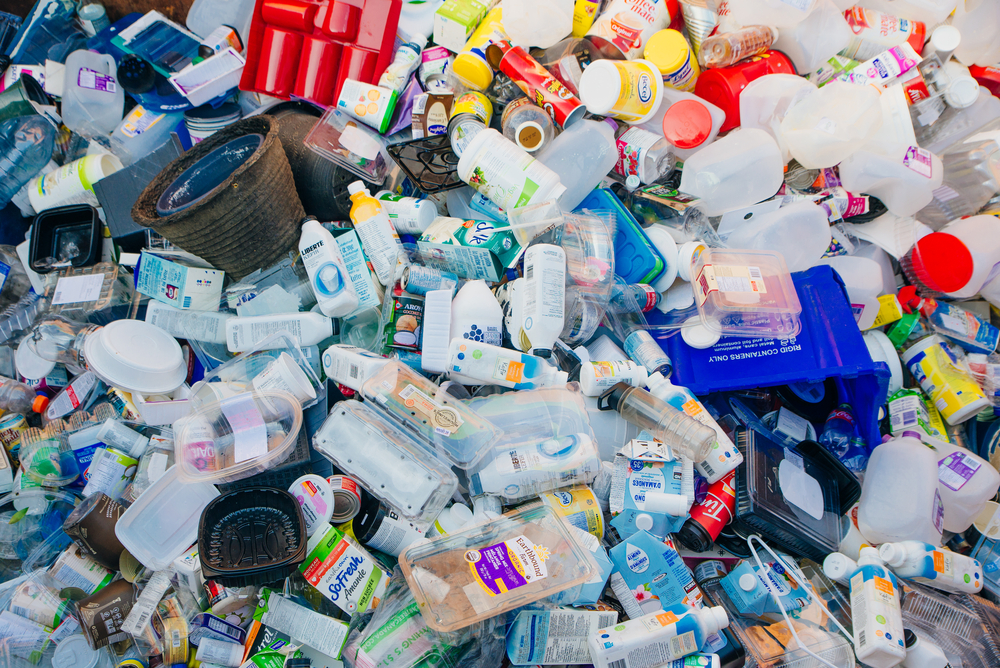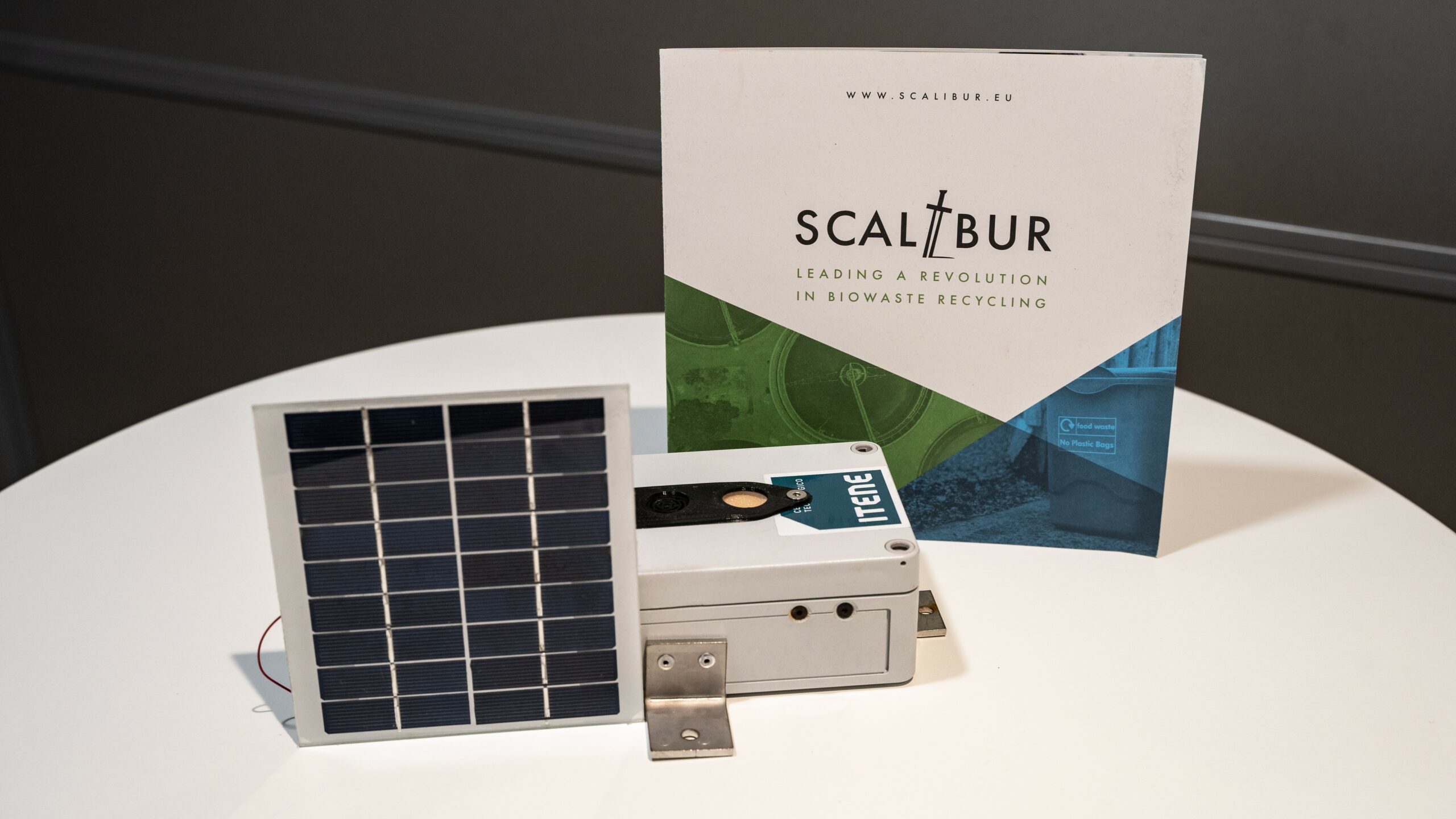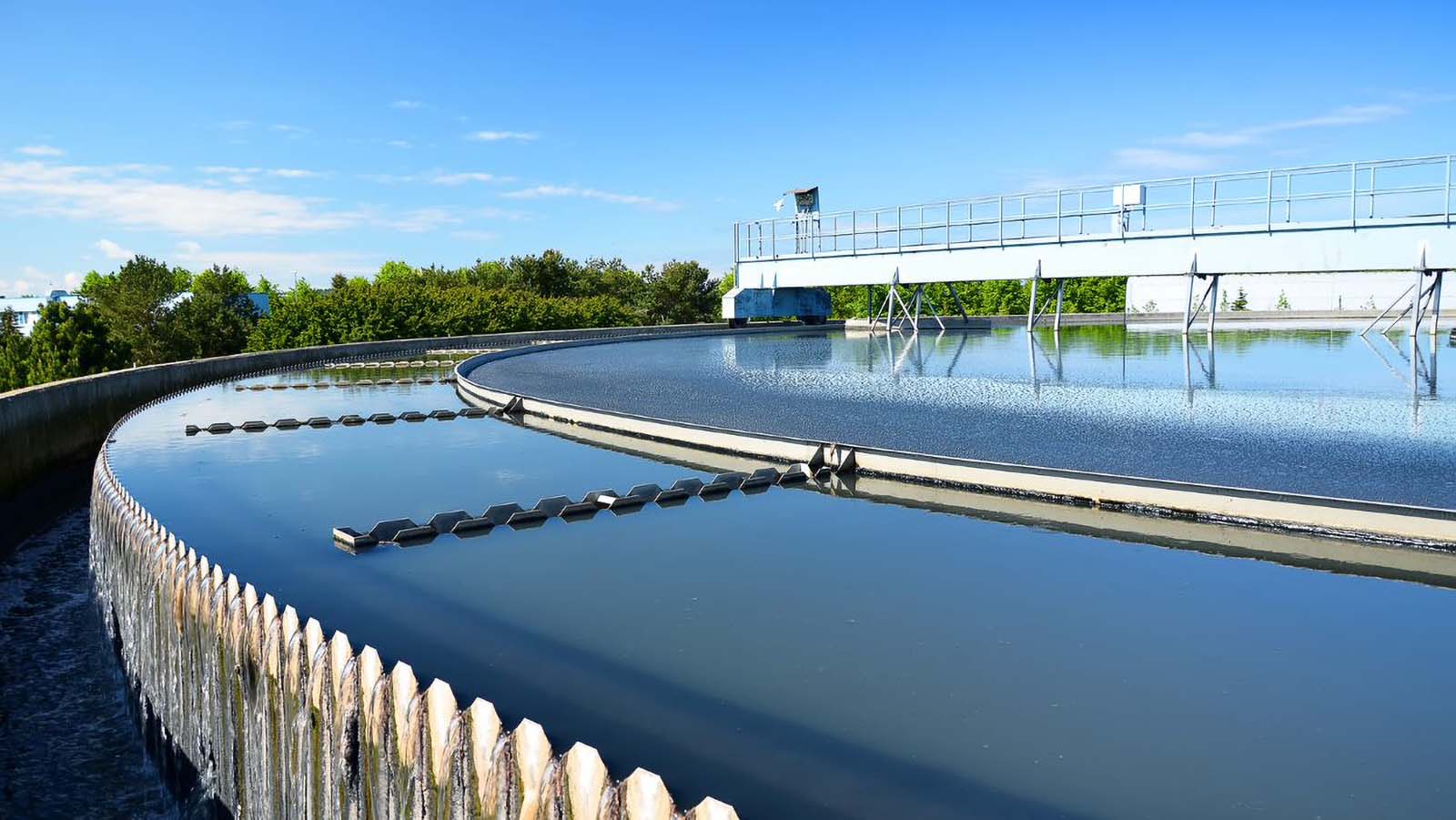The REDOL project will implement new solutions for the collection, sorting and processing of urban waste to boost the circular economy in Zaragoza
- As part of the project, ITENE will carry out the delamination of multilayer packaging to recover the main layers of the structures, as well as the separation and recycling of the recovered fractions.
- The 36 participating organisations from 12 countries met on 18-19 January in Zaragoza to launch the R&D project, which is aligned with Europe’s zero waste action plan.

The European REDOL project (2022-2026), funded by the European Horizon 2020 programme, will implement new solutions for the collection, sorting and treatment of municipal solid waste to boost the circular economy in Zaragoza.
This project is executed by a consortium made up of 36 organisations from 12 countries, whose representatives met on the 18th and 19th of January in Zaragoza to launch this R&D project, aligned with the zero waste action plan in Europe. Specifically, it seeks to promote the circular economy in cities through the redesign of five value chains for solid urban waste and the implementation of new solutions for the collection, sorting and treatment of materials to prevent their deposit in landfills.
As part of the project, the research centre ITENE will carry out the delamination of multilayer packaging to recover the main layers of the structure, as well as the separation and recycling of the recovered fractions.
Despite the progress in waste recovery, waste management remains a major challenge to meet the EU targets for the next decade, which sets a recycling target of 65% by 2035. REDOL therefore aims to promote Zaragoza’s transition to a zero waste city by 2040, recycling 100% of the urban waste produced.
The project aims to reuse, recover or transform municipal solid waste, transforming it into secondary raw materials instead of sending it to landfill, resulting in economic savings and reduction of greenhouse gas emissions.
Implemented in Zaragoza, REDOL has the key support of Zaragoza City Council and multiple industries and research centres active in waste management, sorting and processing of materials and recycling, eco-design, citizen participation and much more.
“The circular economy is essential to achieve sustainable development and address the challenges of waste management and resource depletion,” stressed Jorge Arroyo Villanueva, REDOL project coordinator and head of technology projects at CIRCE. “The REDOL project will help cities to harness the potential of municipal solid waste as a source of circular products and to foster industrial-urban symbiosis,” he said.
The project will also develop guidelines and recommendations for key decision-making bodies and aims to improve citizens’ perception of MSW as a local resource and recycled products, thus increasing their participation in separate collection schemes. At the end of the project, the urban-industrial symbiosis developed in Zaragoza will also be replicated in Amsterdam (The Netherlands), Prato (Italy) and Bornholm (Denmark).

